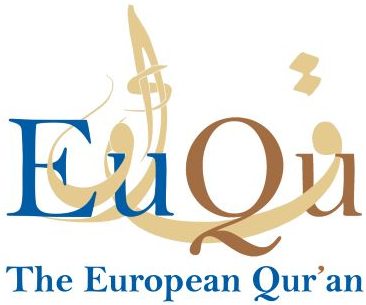Pablo Roza Candás (PhD, University of Oviedo, 2009) has specialized in the study of the Aljamiado manuscript production of the Mudejar and Morisco minorities. Besides the edition and study of the Aljamiado corpus, his research interests focus on the cultural and religious practices of the Iberian Crypto-Islamic communities.
Prior to joining Naples EuQu team, he has worked as a lecturer and researcher in several universities in Europe, the Maghreb and the Middle East: American University in Dubai (United Arab Emirates), University of Carthage (Tunisia), Carlos III University of Madrid, University of Santiago de Compostela (Spain), and the National Institute of Oriental Languages and Civilisations (INALCO) of Paris. He has also been a visiting scholar at the Hebrew University of Jerusalem, Oxford University, and the National Library of Algiers, among other institutions.
In recent years he has led two research projects on the Aljamiado texts and Digital Humanities funded by the Marie Curie – Clarín Cofund Program: «Digital Aljamiado: Development and Application of Digital Humanities Methodology to Spanish Aljamiado Corpus» (INALCO - Paris, 2014-2016) and «Corpus Aljamiado Hispánico (CAHi): New Technologies application in Multiversion Texts Digital Edition» (University of Oviedo, 2018-2020). At the same time, he participated in several national and international funded projects, like ALIENTO «Linguistic and Intercultural Analysis of Sapiential Statements and their Transmission Orient / Occident and Occident / Orient (ALIENTO)» funded by the French National Research Agency (ANR).
His most recent publications include Memorial de ida i venida hasta Maka. La peregrinación de Omar Patón (Oviedo, 2018); «Vers un corpus numérique aljamiado. Quelques exemples d’encodage XML-TEI» (Tunis, 2018), and «Ciencia y creencia en la terapéutica morisca (El manuscrito aljamiado de la Arcadian Library de Londres)», Cuadernos Hispanoamericanos (2020).
Watch below on YouTube his project research presentation


